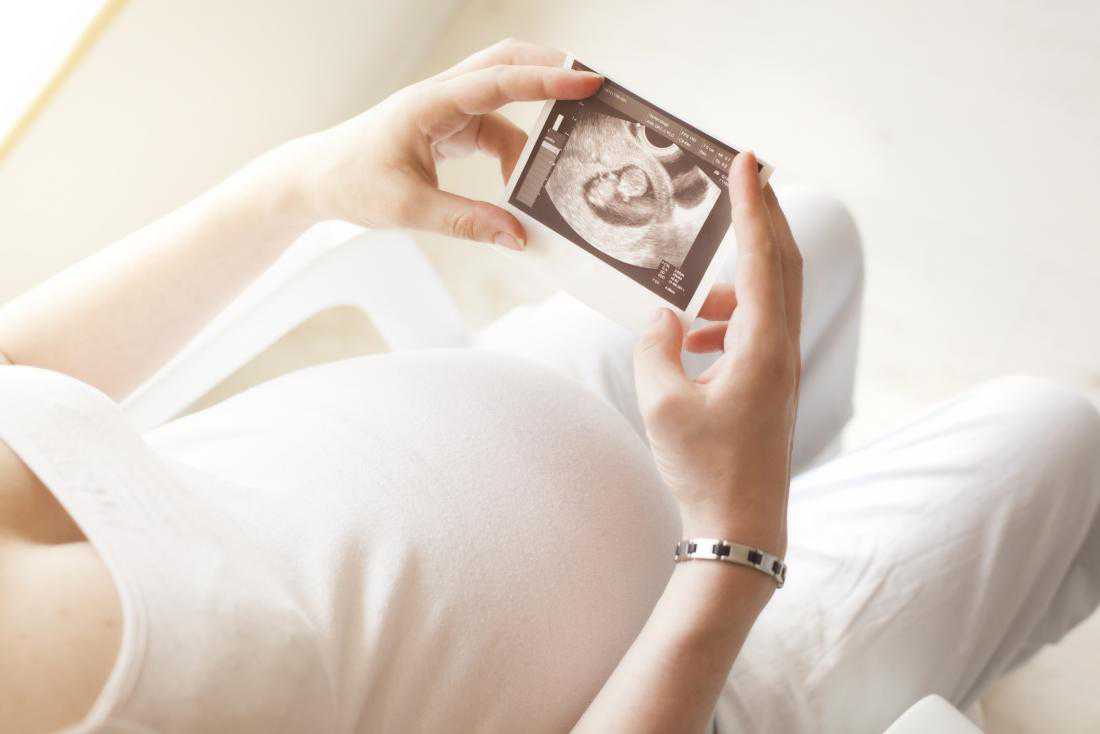Are they normal and when should I see a doctor?
06 July, 2018

Even though it is difficult to pinpoint exactly why some women will feel their baby hiccup in the womb, it is considered a good sign and a natural part of pregnancy.
Rarely, however, fetal hiccups may be a sign of something being wrong with a pregnancy or fetus.
After week 32 of pregnancy, it is unlikely that a woman will feel the baby hiccup in the womb every day.
A woman who does notice fetal hiccups regularly, especially if it occurs daily and more than 4 times per day after 28 weeks should contact their doctor.
While frequent hiccupping does not necessarily signify a problem, it could be that the umbilical cord has become compressed or prolapsed. The blood and oxygen supply to the fetus may become restricted or stop altogether in these situations.
A prolapsed or compressed cord may result in complications, including:
- the baby's heart rate slowing
- the baby's blood pressure dropping
- build up of CO2 (carbon dioxide) in the baby's blood
- brain damage
- stillbirth
More evidence is needed to be sure whether increased episodes or duration of fetal hiccups later in pregnancy are cause for concern. However, a report on umbilical cord accidents cited a study on sheep that suggested fetal hiccups might occur when the umbilical cord is compressed.
A woman who is concerned about fetal hiccups should contact her doctor. To put the mother's mind at rest, a doctor can check that the baby is happy and healthy.
If there is a cord issue, a doctor will also be able to advise on steps they can take to try and relieve pressure on the cord.
